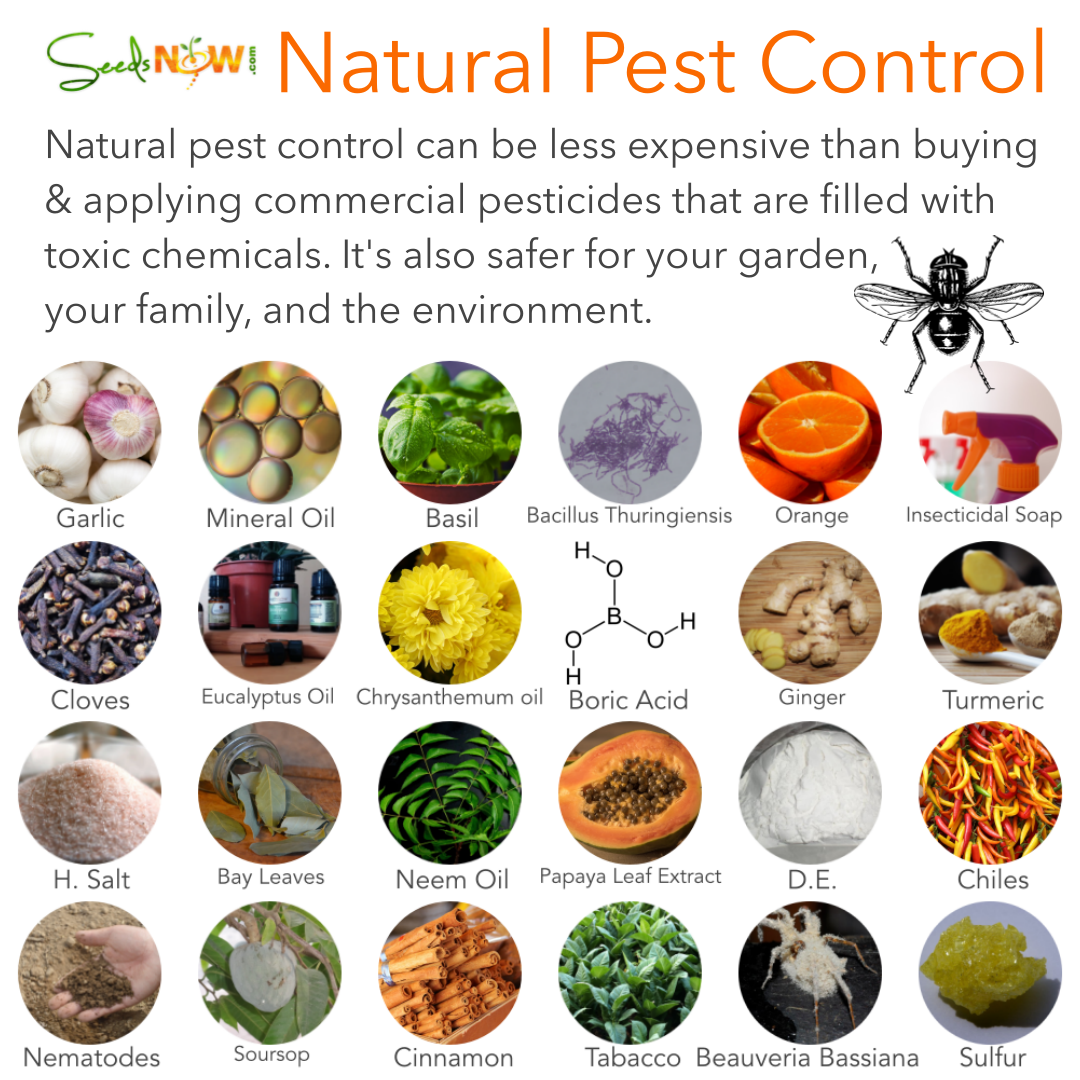Top Organic Pest Control Methods for Gardens

Top Organic Pest Control Methods for Gardens
Gardening is a joy, but pests can turn your lush haven into a battlefield. Before you reach for the chemical warfare, consider organic pest control methods for gardens. Not only are they safer for you and the environment, but they also promote eco-friendly gardening. Let's dive into some tried-and-true tactics for non-toxic pest control.
Why Choose Organic Pest Control?
First things first, why should you bother with natural pest control? Well, for starters, it's gentler on Mother Nature. You're not introducing harsh chemicals into the ecosystem. Plus, it's safer for your pets and kids. And let's not forget, it's often cheaper and more sustainable in the long run.
Understanding Your Garden's Ecosystem
Before you start, understand your garden's ecosystem. Knowing who the good guys (beneficial insects) and bad guys (pests) are is crucial. Remember, not all bugs are pests. Some, like ladybugs and bees, are your garden's best friends.
Prevention: The First Line of Defense
Healthy Soil, Healthy Plants
The best offense is a good defense. Strong, healthy plants are less vulnerable to pests. So, start with rich, organic soil. Composting is your friend here. The more nutrients in your soil, the healthier your plants.
Crop Rotation and Companion Planting
Mix up your planting each year with crop rotation. This helps prevent pests from getting too comfortable. Also, consider companion planting. Some plants naturally repel pests. For example, marigolds deter nematodes, while mint wards off ants.
Physical Barriers
Sometimes, a simple physical barrier is all you need. Netting, row covers, and even collars made from toilet paper rolls can keep pests at bay.
Organic Pest Control Methods
Beneficial Insects: Your Garden's Allies
Not all insects are created equal. Some, like ladybugs, lacewings, and praying mantises, are predators that feed on pests. Attract them with pollen and nectar-rich plants, or even buy them online. It's like having a tiny, efficient army patrolling your garden.
Homemade Sprays
There are plenty of non-toxic pest control sprays you can make at home. Soap and water, for instance, can be effective against aphids and mites. Garlic and hot pepper sprays are also great deterrents.
Diatomaceous Earth
This powdery substance is made from the fossilized remains of tiny aquatic organisms. It's harmless to humans and pets but deadly to insects. Sprinkle it around your plants for a natural pest control solution.
Neem Oil
Extracted from the neem tree, this oil disrupts the life cycle of many pests. It's biodegradable and non-toxic to pets and birds. Plus, it doubles as a natural fungicide.
Traps and Lures
From sticky traps to pheromone lures, there are plenty of ways to trick pests into captivity. These are especially useful for monitoring pest populations and catching invaders early.
Garden Maintenance
Keep It Clean
Regularly clean up debris, weeds, and fallen fruit. Pests love to hide and breed in these areas. A tidy garden is a happier, healthier garden.
Water Wisely
Overwatering can lead to fungal diseases and attract pests. Water deeply but less frequently to encourage strong root systems.
Monitor Your Garden
Regularly inspect your plants for signs of pests. Early detection can prevent a small problem from becoming a big infestation.
Organic Gardening Tips
Be Patient
Organic gardening is a marathon, not a sprint. It can take time to see results, but trust me, it's worth it.
Diversify Your Garden
A diverse garden is a resilient garden. Different plants attract different beneficial insects and can help keep pest populations in check.
Learn From Nature
Observe how nature deals with pests. Mimic those strategies in your garden. After all, nature has been at this a lot longer than we have.
Conclusion
Organic pest control methods for gardens aren't just about keeping pests away; they're about creating a harmonious ecosystem. It's about working with nature, not against it. So, why not give it a shot? Your garden, and the planet, will thank you. For more tips on eco-friendly gardening, check out www.gardenes.com.
FAQs
Q: What is the best organic pest control?
A: The best organic pest control method depends on the pest you're dealing with. However, beneficial insects, homemade sprays, and physical barriers are all effective strategies.
Q: How can I get rid of pests naturally?
A: There are plenty of ways to get rid of pests naturally. This includes using non-toxic pest control sprays, encouraging beneficial insects, and maintaining a healthy garden ecosystem.
Q: What is the safest pest control for vegetables?
A: The safest pest control for vegetables is organic and non-toxic. This includes methods like crop rotation, companion planting, and using natural predators.
Q: How do I keep bugs off my plants naturally?
A: To keep bugs off your plants naturally, try using physical barriers, homemade sprays, and beneficial insects. Also, maintain a clean garden to reduce hiding spots for pests.
Q: What is a good homemade pest control?
A: A good homemade pest control solution is a soap and water spray. This can be effective against many soft-bodied pests. Garlic and hot pepper sprays are also great natural deterrents.
0 Response to " Top Organic Pest Control Methods for Gardens"
Post a Comment